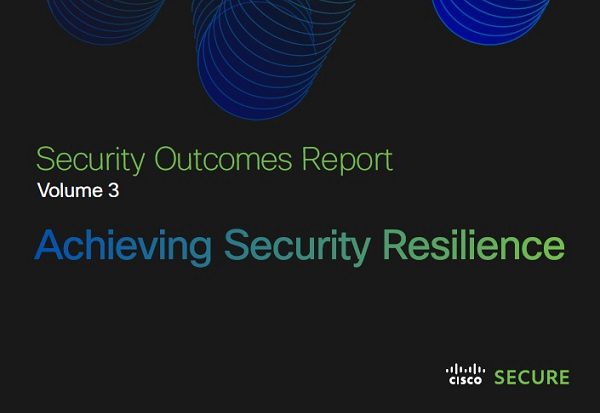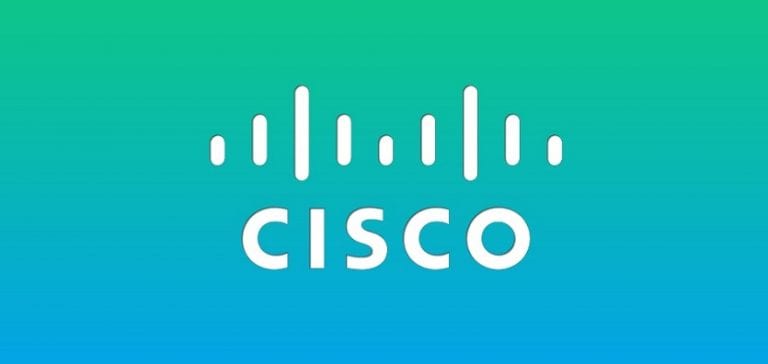When you think of the word resilience, what comes to mind? I bet you’re thinking of someone or something who has suffered (to quote the Great Bard) the “slings and arrows of outrageous fortune” but has the fortitude and audacity to become even stronger.
That’s a perfectly acceptable definition and I applaud the spirit of it. But when you are talking about securing companies large and small, merely being resilient enough to bounce back after being down may not be good enough. After all, successful cybersecurity breaches like ransomware or intellectual property theft can do outsized harm to companies, their employees, partners, and even their customers. In the 2021 Security Outcomes Report, 41 percent of the companies we surveyed said that they suffered a major security incident or loss within the last two years, showing how wide this problem has become.
Cisco defines security resilience as being able to protect the integrity of every aspect of your business so it can withstand, not just survive, unpredictable threats or changes and emerge stronger. As you will learn in this third volume of our Security Outcomes Report, there is near unanimous agreement among the executives we surveyed that achieving security resilience is critical to their business. And it’s no wonder as more businesses are interconnected today, a breach on anyone in the value chain can have a dramatic ripple effect on the others. No executive wants to be known as the one not having done enough.
So, please use and enjoy this report. I hope you find it useful in developing your strategies and solutions for achieving your measure of security resilience. Resilient to threats. Resilient to change. Resilient to the unknown. The security industry is certainly not lacking in buzzwords. However, I have a feeling that the word resilient is going to stick around for a while. Maybe not as long as a great Shakespeare play like Hamlet but long enough.
— Shailaja Shankar
SVP & GM, Cisco Secure


